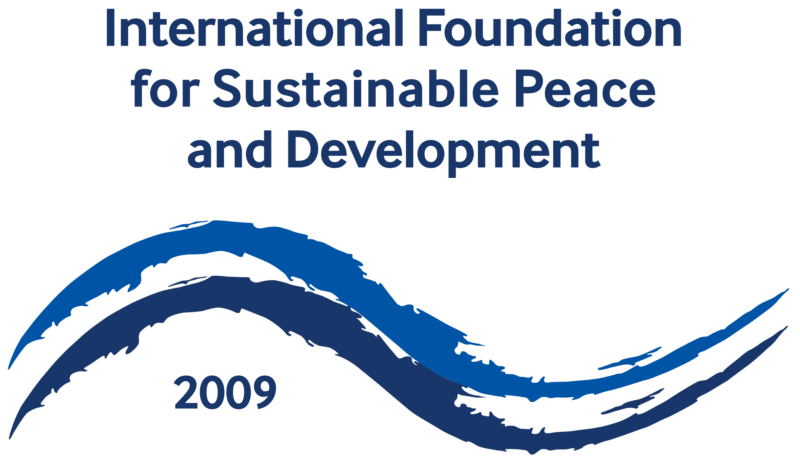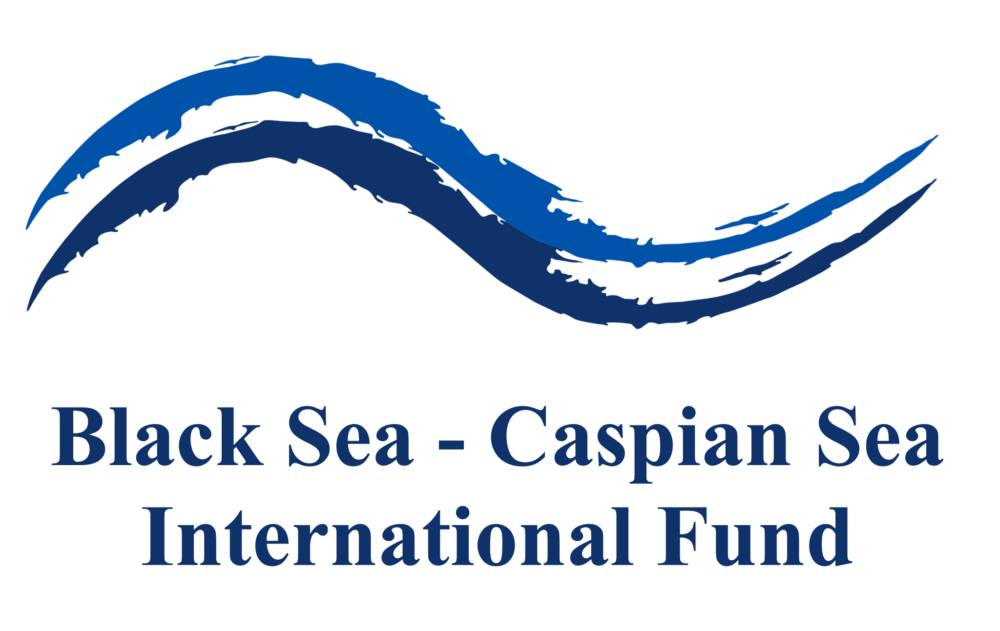As an organization closely following the settlement process of the Armenia-Azerbaijan conflict, the International Fund for Cooperation and Partnership of the Black Sea and Caspian Sea (the International Fund) states with a sense of regret that the past 2014 year didn’t mark a breakthrough in the conflict settlement, which means that another year was wasted in overcoming the conflict’s known consequences including humanitarian ones.
Concerning humanitarian aspects of the conflict, the International Fund deems it necessary to draw attention to a case, which happened in July of 2014 and became yet another evidence of how the human tragedy was exploited in political and propagandist purposes in the course of the conflict.
The International Fund reminds that three Azerbaijani civilians, who decided to visit the graves of their relatives in the occupied Kelbedjar district in July of 2014, were taken as hostages by the Armed Forces of Armenia. Exposed to various tortures, one of them (Hasan Hasanov) was murdered while the other two (Dilgem Asgarov and Shahbaz Guliyev) were brought to an illegal trial in the occupied Nagorno Karabakh region of Azerbaijan.
The International Fund further reminds that the UN Security Council in its Resolution 822 of April 1993 confirms that the occupied Kelbadjar district is a territoryof Azerbaijanand demands withdrawal of all occupying forces from this and other occupied territories of the Republicof Azerbaijan. Due to the ethnic cleansing of all Azerbaijani population, the Security Council in this Resolution expressed, inter alia, its grave concern at the humanitarian emergency in the region, in particular in the Kelbadjar district.
More than 20 years after the occupation,Armeniacontinues to ignore this and other three Resolutions of the UN Security Council and its Armed Forces are still stationed in the occupied territories ofAzerbaijan, including in Kelbadjar. This is a demonstration ofArmenia’s policy to consolidate the results of its illegal occupation. Over more than 20 years,Armenia did not allow anyone from the internally displaced Azerbaijani population to return back to their homes in these occupied territories.
The case of three Azerbaijani civilians once again attests how seriously fundamental human rights and freedoms and relevant provisions of the international humanitarian law are continuously being violated in the context of Armenia-Azerbaijan conflict.
It should be stressed in this regard that freedom of movement as a fundamental freedom of human being is, to a certain degree, observed in other conflict zones, for instance, in the territory of Georgia, Moldova and Ukraine. However, Azerbaijanis, who were forcibly displaced from their homes in the course of the Armenia-Azerbaijan conflict, are even denied their right to visit the graves of their ancestors in the occupied territories.
Armenia’s actions with regard to the three Azerbaijani civilians resemble the policy of the Nazi Germany towards the peaceful population of the occupied territories. During the World War II (WWII), Nazis conducted military trials of civilians in the occupied territories. These trials were of purely formal character and had been implementing the verdicts issued beforehand by the Nazi leadership. Though Nazis in the WW II allowed the civilian population to continue living in the Nazi occupied territories,Armenia conducted ethnic cleansing in the occupied territories of Azerbaijan and holds illegal trials to prevent the return of civilians to their homes.
By observing and analyzing developments around D. Asgerov and Sh. Guliyev, the International Fund comes to the conclusion that it is an intentional policy of Armenia to openly show inhuman and degrading dignity treatment of Azerbaijani hostages through Armenian mass media, to disseminate statements by Armenian officials attributed to the hostages and, finally, to conduct demonstrative “trials” of the hostages. In the short term, by this way Armenia tries to create additional tension in the region and to strengthen Azerbaijanophobia among its population and the Armenian community in the occupied Nagorno Karabakh.
Armenia makes use of tension to complicate the peaceful negotiations, particularly when promising initiatives for the conflict settlement are put forward, such as, for instance, a proposal by President of France to start drafting a comprehensive peace agreement.
Armenia’s leadership strengthens Azerbaijanophobia with the aim of consolidation of the Armenian society inArmeniaand the Armenian community in Nagorno Karabakh around itself against the background of continuing socio-economic regress inArmenia, and consequently leading to difficulties it faces in supporting materially, financially and militarily its occupation regime in Nagorno Karabakh.
In the light of the above-mentioned, it is clear that Armeniabears full responsibility for further tensions in the conflict zone.
The International Fund expresses its serious concern that the Co-Chairs of the OSCE Minsk Group and authoritative international structures such as UN, EU and ICRC (International Committee of the Red Cross) that are engaged, to various extents, in the settlement process or dealing with humanitarian aspects of the conflict, do not undertake effective steps for liberation of the hostages.
The International Fund recalls that the UN Security Council in its Resolutions 882 (1993), 853 (1993), 874 (1993) и 884 (1993), adopted with respect to the conflict, emphasizes inadmissibility of use of force for acquisition of territory, while the UN General Assembly in its Resolution A/RES/62/243 (2008) reaffirms that no State shall recognize as lawful the situation resulting from the occupation of the territories of the Republic of Azerbaijan, nor render aid or assistance in maintaining this situation. This also implies that the Co-Chairs of the OSCE Minsk Group – a structure directly dealing with settlement of the conflict on the basis of the mandate entrusted by the UN – bear particular responsibility for dissuading Armenia from committing illegal acts, including hostage-taking.
The International Fund, driven by the benevolent intention to contribute to restoration of security and peace in the region, calls on the OSCE, UN, EU, Council of Europe and ICRS, to undertake effective measures in accordance with their competences and mandates so that Armenia releases illegally detained D. Asgerov and Sh. Guliyev.

